The Role of Critical Thinking in Teaching and Learning Pilates
Pilates is more than just exercise. It’s a thoughtful, intentional system designed to meet the mover where they are and guide them toward strength, mobility and, control. But mastering Pilates—as a client, practitioner, teacher, or student—isn’t just about memorizing exercises or sequences. It’s about engaging the mind, questioning the “why” behind the “how,” and synthesizing what we learn into something greater than the sum of its parts.
This is where critical thinking becomes our most valuable tool.
The Science and Art of Inquiry
At Rebel Pilates Collective, we believe in thinking past memorized choreography and applying logic and science to the system of Pilates. Joseph Pilates left us with a brilliant foundation of movement. To help master the work as own by adding the evolution of science since his death, critical thinking allows us to embrace his system and science with both respect and curiosity.
Critical thinking isn’t about doubting for the sake of doubt; it’s about asking meaningful questions:
What is the purpose of the exercise? How or why does that purpose benefit this client at this time?
What adaptations or external support will help make this movement more accessible or effective?
How do historical context, anatomy, and modern movement science intersect in my teaching?
In answering these questions, we deepen our understanding of the work and empower ourselves to serve our clients better.
Synthesizing Knowledge: The Heart of the Learning Process
Synthesis is where learning truly comes alive. It’s not enough to collect facts about anatomy, biomechanics, or classical repertoire. Instead, we need to weave these threads together, using critical thinking to create a cohesive framework that aligns with our clients’ unique needs.
For example:
A teacher might notice that a client struggles with rolling exercises. Instead of simply drilling the movement, critical thinking allows the teacher to analyze the issue. Is it a lack of mobility somewhere? A weakness somewhere? Faulty instructions? Synthesizing these insights leads to a targeted, thoughtful, curious approach to adaptation.
A Mindset of Growth
As Pilates professionals, we are never finished with our learning; we are perpetual learners. Critical thinking helps us remain open, adaptable, and willing to challenge our biases. It’s not about having all the answers—it’s about staying curious and committed to growth.
By cultivating critical thinking in your Pilates practice, you’ll find yourself better equipped to navigate the complexities of the human body, connect deeply with your clients, and honor the transformative power of this work.
At Rebel Pilates Collective, we encourage all our students, teachers, and community members to embrace the art of inquiry. Be bold. Be curious. Be willing to think critically about the “why” behind every movement, every cue, and every decision. That’s where the magic of Pilates—and teaching—truly lies.
Let’s keep questioning, learning, and evolving—together.
Join the conversation! How has critical thinking shaped your Pilates practice or teaching? Share your thoughts in the comments or reach out to us directly.

